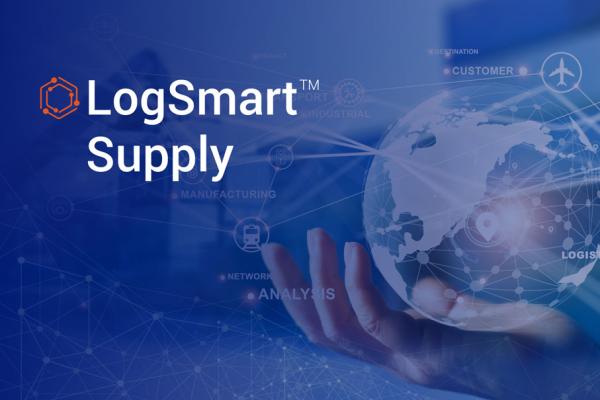
Risk Management
-
 What We Do
What We DoChange Management
For federal agencies to become more agile and responsive to mission needs, enterprise-wide change is often required. To support this transformation, LMI built an organizational change management (OCM) model to assess an agency’s operating environment, identify priorities, and furnish strategies that facilitate effective adoption.
-
 Innovation at the Pace of Need™
Innovation at the Pace of Need™Calculating Your Water Footprint to Improve Resilience
One way to calculate an organization’s water footprint is to literally measure the water used at a facility or series of facilities. But what happens when operations are far more complicated?
-
 Innovation at the Pace of Need™
Innovation at the Pace of Need™Turning Supply Chain Risks into Decisive Action
LogSmart™ Supply offers the industry's most complete insight into the impacts of supply chain risks and mitigation strategies. Turn your risk data into decisive action.
-
 What We Do
What We DoSupply Chain Risk Mitigation and Resilience
LMI’s supply and demand side risk optimization tools enable us to stress-test your environment to identify meaningful and cost-effective strategies to reduce your risk exposure.
-
 Insights
InsightsWhy Climate Change Belongs on Your Financial Report
Extreme-weather events pose considerable fiscal risk to agencies’ assets and operations. Learn why disclosure of climate-related risk is integral to an agency’s financial reporting.
-
 What We Do
What We DoCybersecurity
LMI specializes in cyber governance, risk, and compliance to help government agencies establish frameworks that align with regulatory requirements and effectively manage risk.
-
 Insights
InsightsWhat the U.S. Must Do Now To Avoid the Next Pandemic
COVID-19 is not the first pandemic the United States has faced, but it may be the one that teaches us some very modern lessons about public trust, our surveillance networks, and effective response management.
-
 Our Team
Our TeamPatricia Birdseye
Patricia Birdseye leads organizational quality at LMI through a risk-based approach to implementing business processes.
-
 Insights
InsightsManaging Planning Assumptions
Project planning always requires addressing uncertainty. When confronted with multiple possible futures, planners must make assumptions about which reality is most likely to be true.